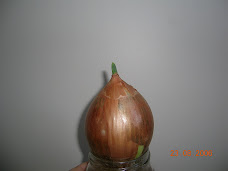
It is amazing bus system, because students drive Cambus from very early morning to midnight. Also, it is free to everybody, not only students but also other people including foreigners or visitors. Inside the Cambus, there are seats for wheelchairs,
After that, he made some space to place the wheelchair near the rear door, folding up three seats. He moved the man in wheelchair into the space and then fixed the wheelchair
not to shake with some chains, making sure the safety of the wheelchair man.
It impressed me, even though it took more time than ordinary days!
Drivers were already trained how to deal with people in wheelchair or people with physical
disability. It is amazing!
I was able to see valuable spirit in Iowa; it was mutual respect regardless of person's appearance. I like Iowans who are taking care of the weak, even in Cambus.




